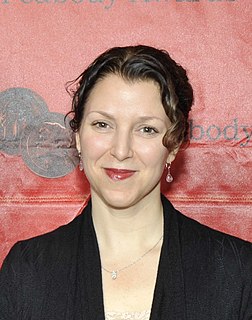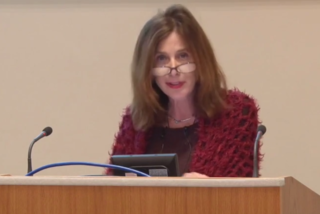A Quote by Karl Albrecht
If the frontline people do count, you couldn't prove it by examining the reward systems in most organizations.
Related Quotes
However, optimism is highly valued, socially and in the market; people and firms reward the providers of dangerously misleading information more than they reward truth tellers. One of the lessons of the financial crisis that led to the Great Recession is that there are periods in which competition, among experts and among organizations, creates powerful forces that favor a collective blindness to risk and uncertainty.
I'm not saying that you need a State Department that looks like the litigation department of a major law firm. But you need people who are not afraid to make the case for the United States, who are not afraid to stand their ground, not afraid to be isolated in international organizations when that's the correct approach for our diplomacy. This is a cultural change that has to be effected through incentive systems, promotion systems, career training systems. This is not something that you can do with the stroke of a magic wand, it's going to take years to make this change.
It turns out that dopamine is a chemical on double duty in the brain. Along with its role in motor commands, it also serves as the main messenger in the reward systems, guiding a person toward food, drink, mates, and all things useful for survival. Because of its role in the reward system, imbalances in dopamine can trigger gambling, overeating, and drug addiction - behaviors that result from a reward system gone awry.



































